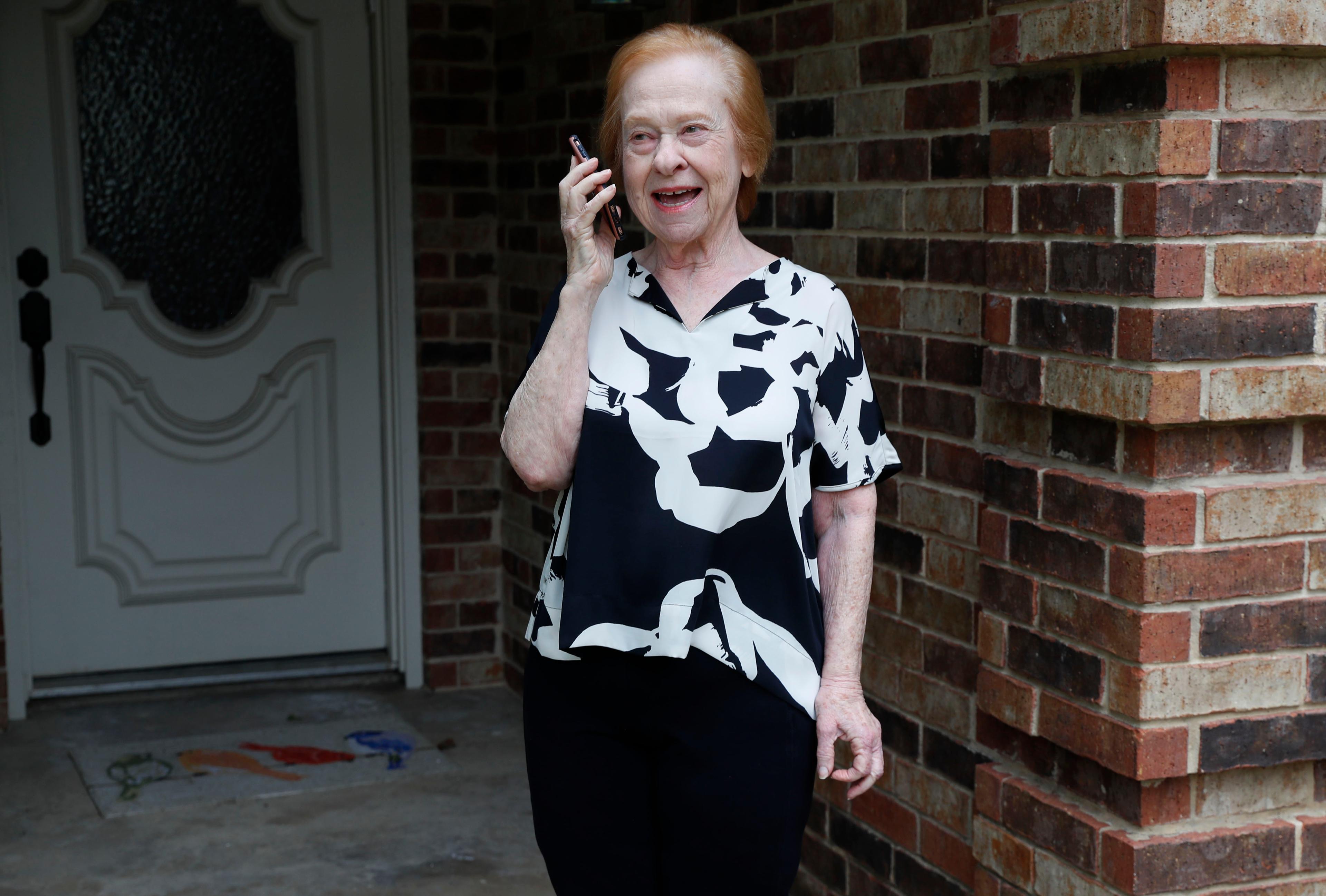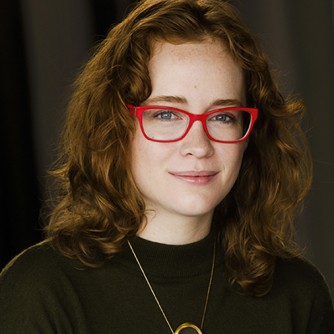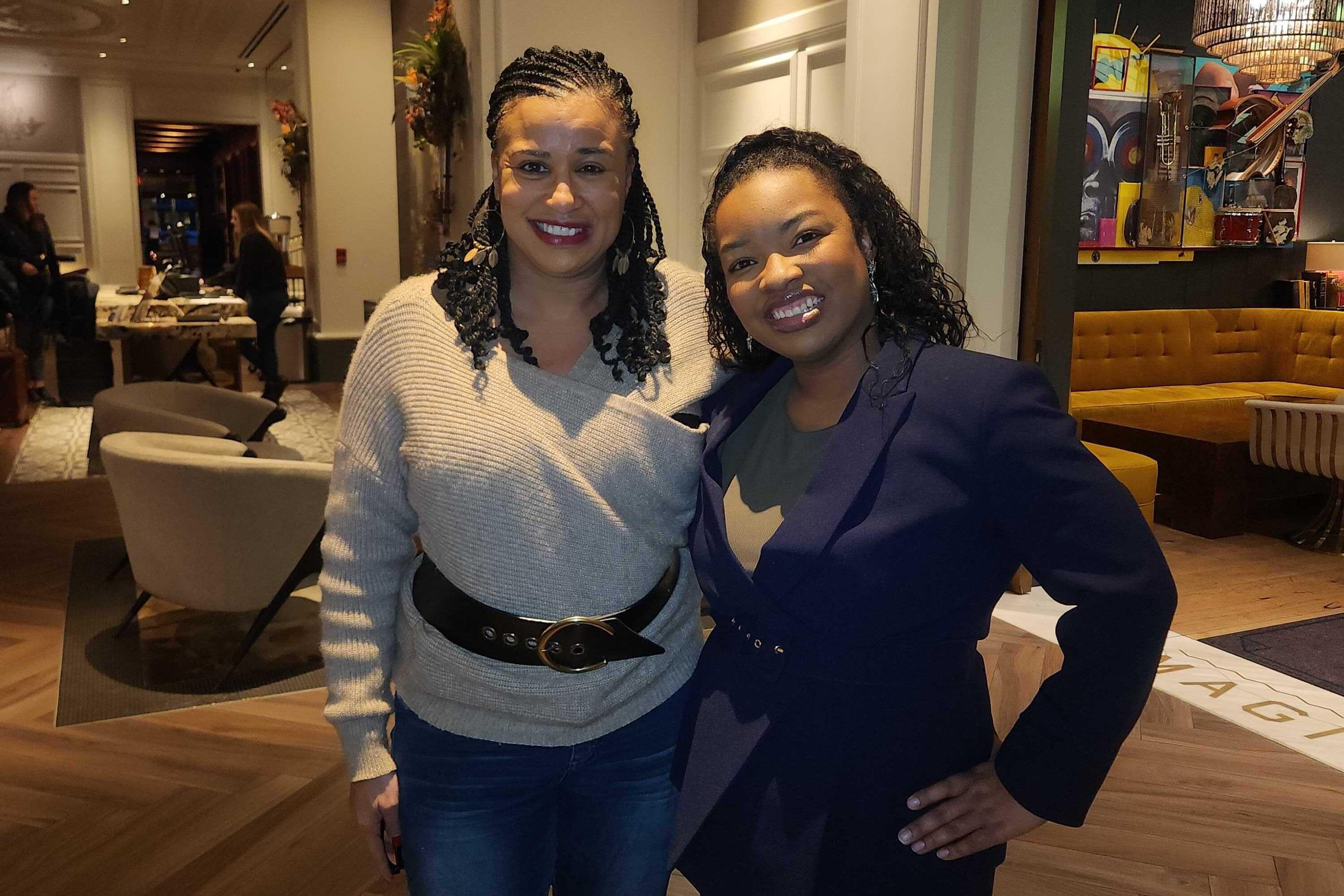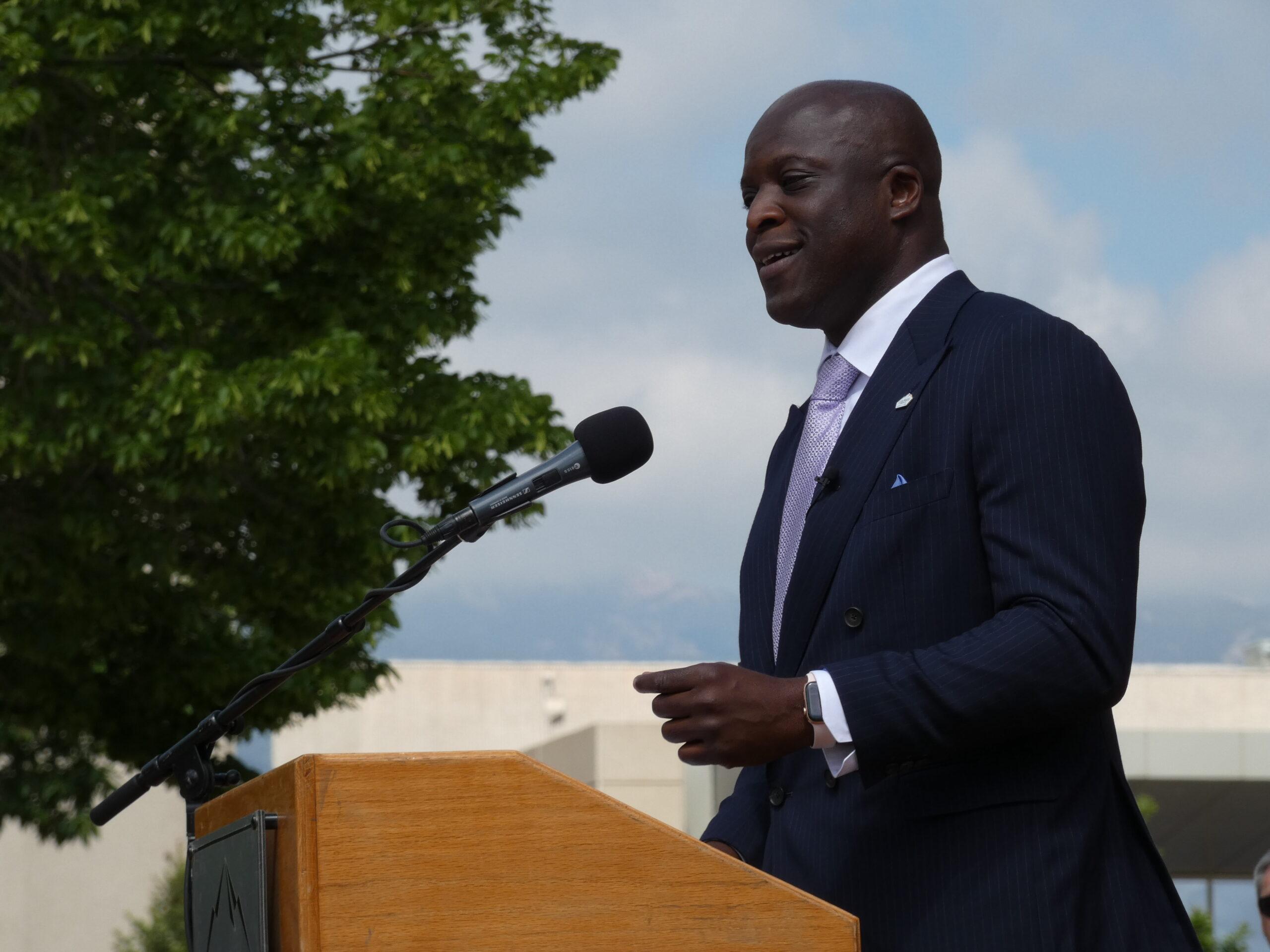It's been slightly more than a month since Dr. Venkat Reddy officially took over the top spot at the University of Colorado-Colorado Springs, but he's no stranger to the school. He's spent 25 years there, starting as a finance faculty member, serving as Dean of the Business School, and shepherding online education for the University.
On the transition to Chancellor:
It's a very humbling experience. But I do want to say, I give a lot of credit to Chancellor Emerita Dr. Pam Shockley-Zalabak, because I actually became Dean when she was the Chancellor at that time. She's been pretty instrumental in mentoring me. But the Dean experience gave me a lot of the elements that I would need for the Chancellor's position, because as the Dean of the Business School, you are very much engaged with students, with faculty, staff, the alumni, and the community. I think those are all the ingredients you do need in a Chancellor position.

The thing that I will be learning a lot more would be the rest of the campus. But even there, because of my on-line leadership role—I was the Associate Vice Chancellor for Online Education Initiatives—I got to work with a number of faculty and staff across the campus.
It didn't hurt that Pam has really taken a scrappy campus and built it to what it is today, so I've not inherited a broken campus, I've really inherited a successful campus, which is very heavily engaged with our community, and my hope is to continue that momentum and not miss a beat.
There are also challenges. We are not well funded by the state; we get less than 10% funding by the state, a third of our students are low-income students, a third of our students are first generation students, so I think those challenges exist.
But there is this spirit of "we can do it," that I think is pretty powerful. So it's really, when we say a successful campus, it's really the people who make the campus successful.
On the role of UCCS within the CU system:
UCCS has been identified as the growth campus. So this is about, how do we systematically and thoughtfully and responsibly grow this campus, and make it a strong asset for our community? I really want this campus to be integrated into the community and the community integrated into the campus. I think that's when we're going to continue to get stronger.
On the growth potential for UCCS:
If you think about it, when I came here, were about a 5,000-student campus. The town was about 200,000. Now we're about 12,000-student campus, if you include the surrounding areas, we're over 600,000 people. So that means there's a lot more opportunity to grow. But we also have a powerful mission to serve, really, southern Colorado, to start with. We also want to bring in students from other nations; we want to increase diversity on the campus. What I'm saying is we can think about growing responsibly because we are at a size that is sustainable.
On maintaining student affordability:
It's going to be a continuing challenge. I do want to see the increased funding from the state, but I know that's going to be a little bit of a far shot. But we need to continue to make that case, number one. We need to tell people the importance of higher education, why it's important to invest in higher education. Maybe the community has to step up, the industry has to step up to support it. Because higher education is coming under increased scrutiny. And what people are not recognizing is as the state cuts funding, we have to make it up. We're not making it up all the way either, some partially, and that's where the tuition increases are coming. We're trying to increase the amount of scholarships our students are bringing in, we're going to spend time fundraising and increasing our endowments so we can continue to support our students, so we'll continue to do anything and everything to try our best to keep the tuition low.
"We can think about growing responsibly because we are at a size that is sustainable."
The challenge of saying, ok, we're going to just do it for a lower tuition, is that we want to continue to attract the best quality faculty and staff. We also have to build the facilities that allow for the education to happen, so we are incurring costs that are actually going back to our students. So we need to continue to make that case to get support from the industry, from our community, and really make a case to the state that not investing in higher education will have a long term cost to you.
On the strategic plan that's about halfway underway:
The strategic plan that's in place, we engaged all kinds of stakeholders when that happened. Last year it also went to a mid-year review, and some of those things were integrated. For example, we are making a bigger move on the cybersecurity idea. That was not part of the original plan. So that went into the mid-year correction plan.
So as opportunities come up, what I hope we can do is, we want to stay true to our mission and anything that aligns with our mission strongly, we want to put emphasis on it and continue, if it does not align with the mission, we don't want to be scattered in our thinking. So I think we have an opportunity to kind of carve our way in a very thoughtful way.









